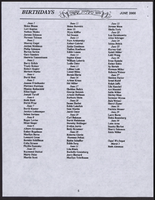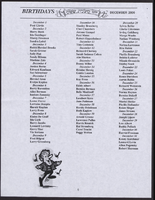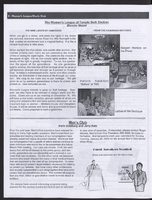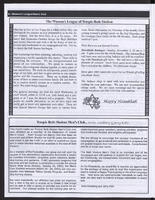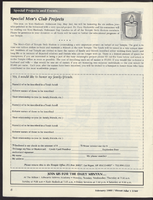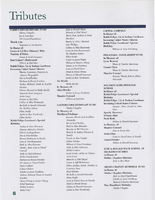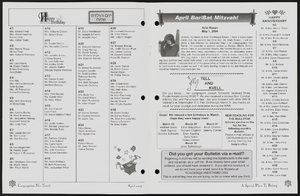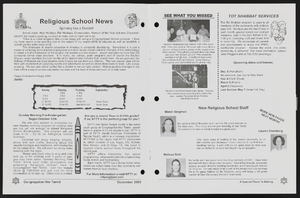Search the Special Collections and Archives Portal
Search Results
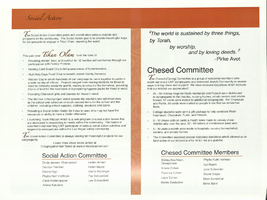
Annual report from Congregation Ner Tamid, 2011-2012
Date
2011 to 2012
Archival Collection
Description
Annual report from Congregation Ner Tamid, 2011-2012
Text
Pagination
Refine my results
Content Type
Creator or Contributor
Subject
Archival Collection
Digital Project
Resource Type
Year
Material Type
Place
Language
Records Classification

